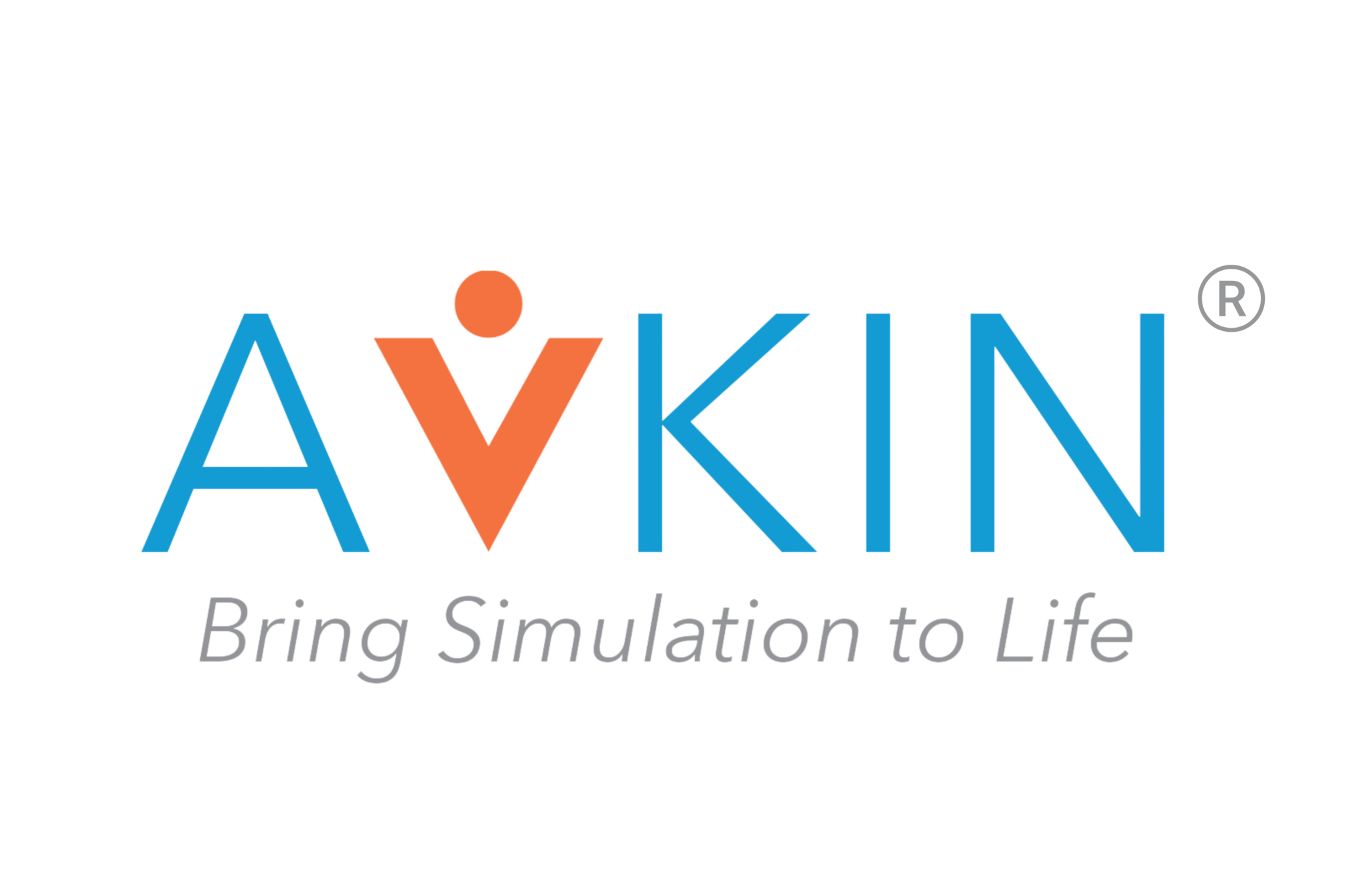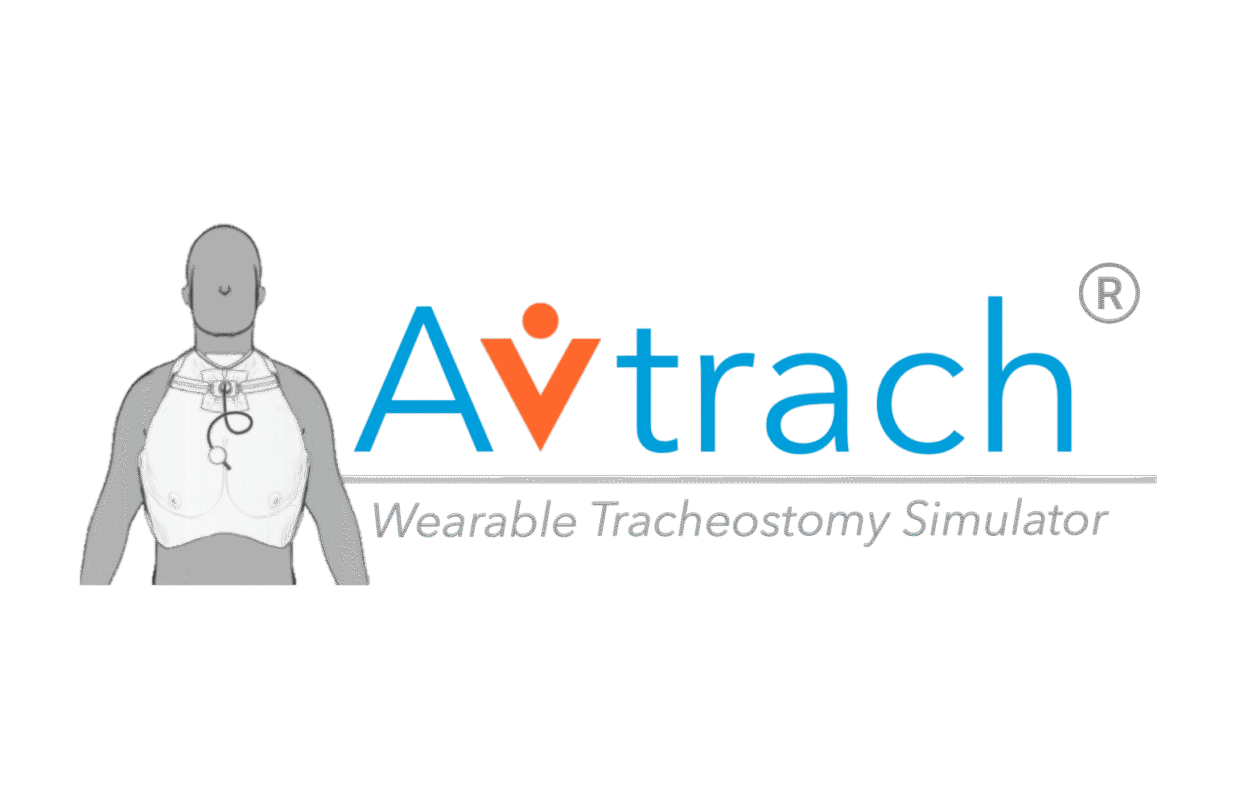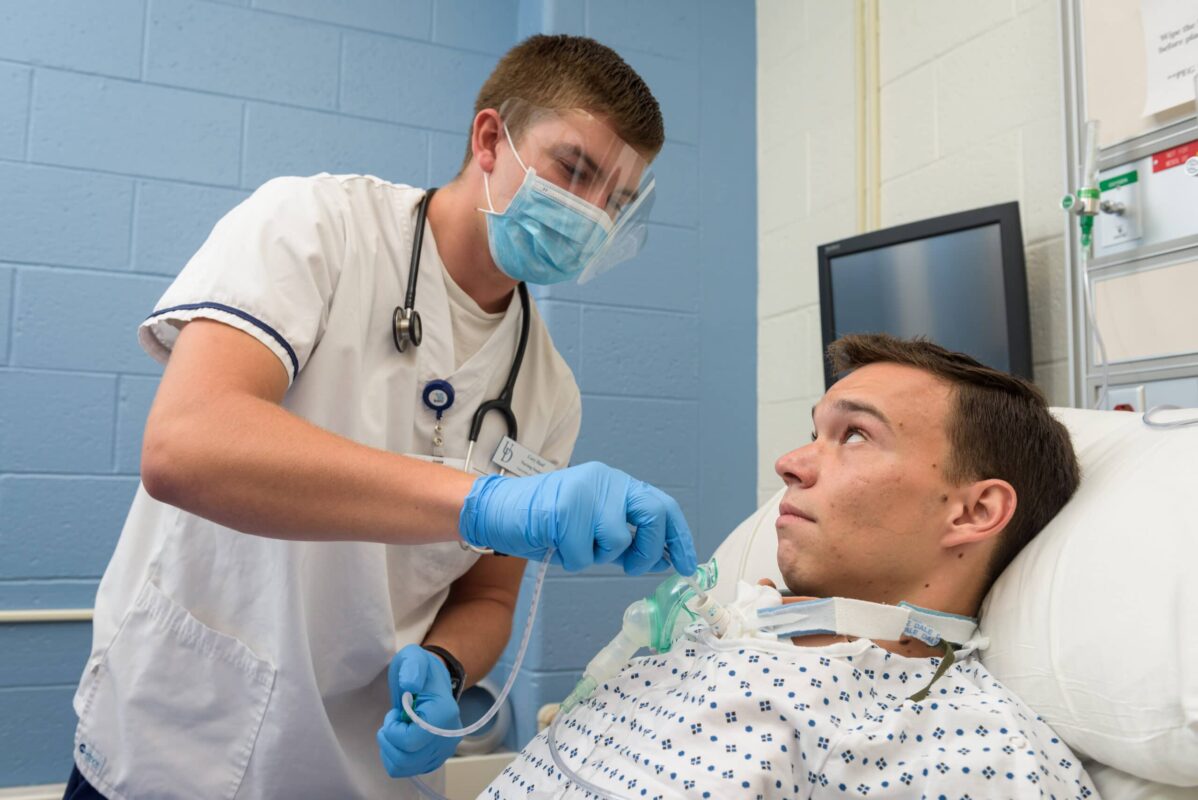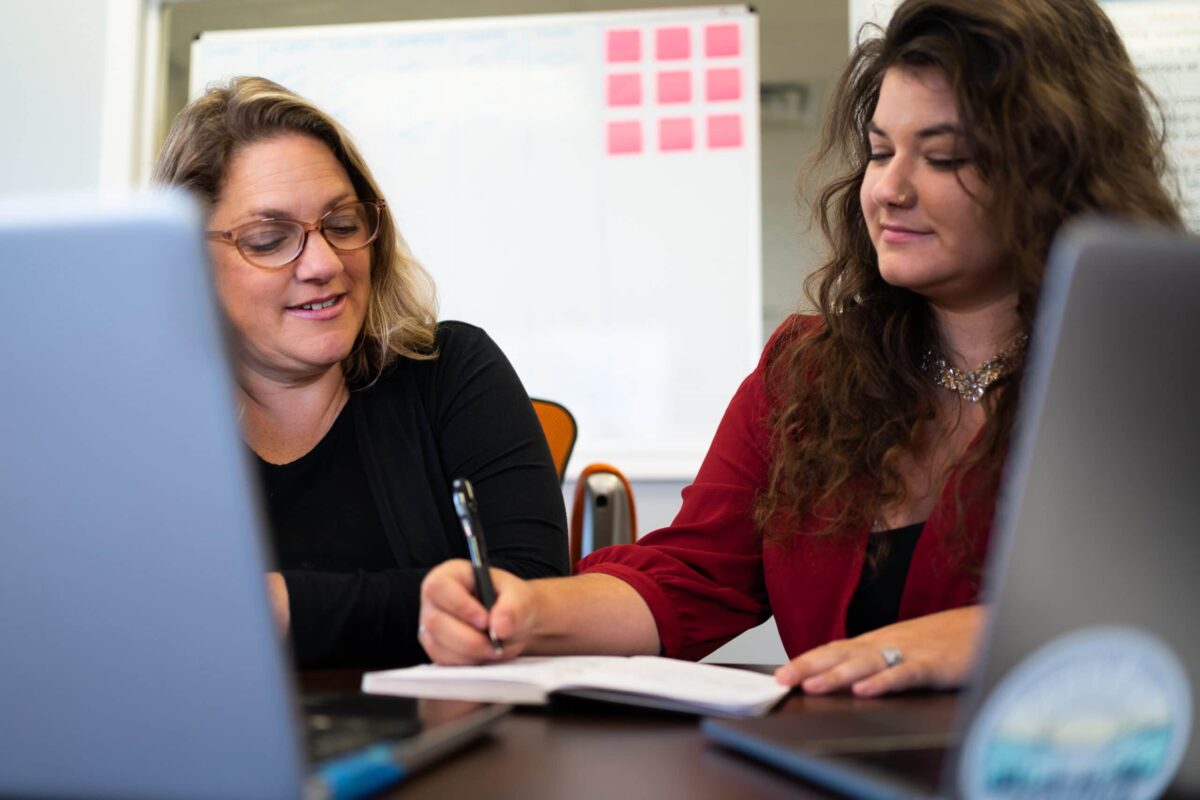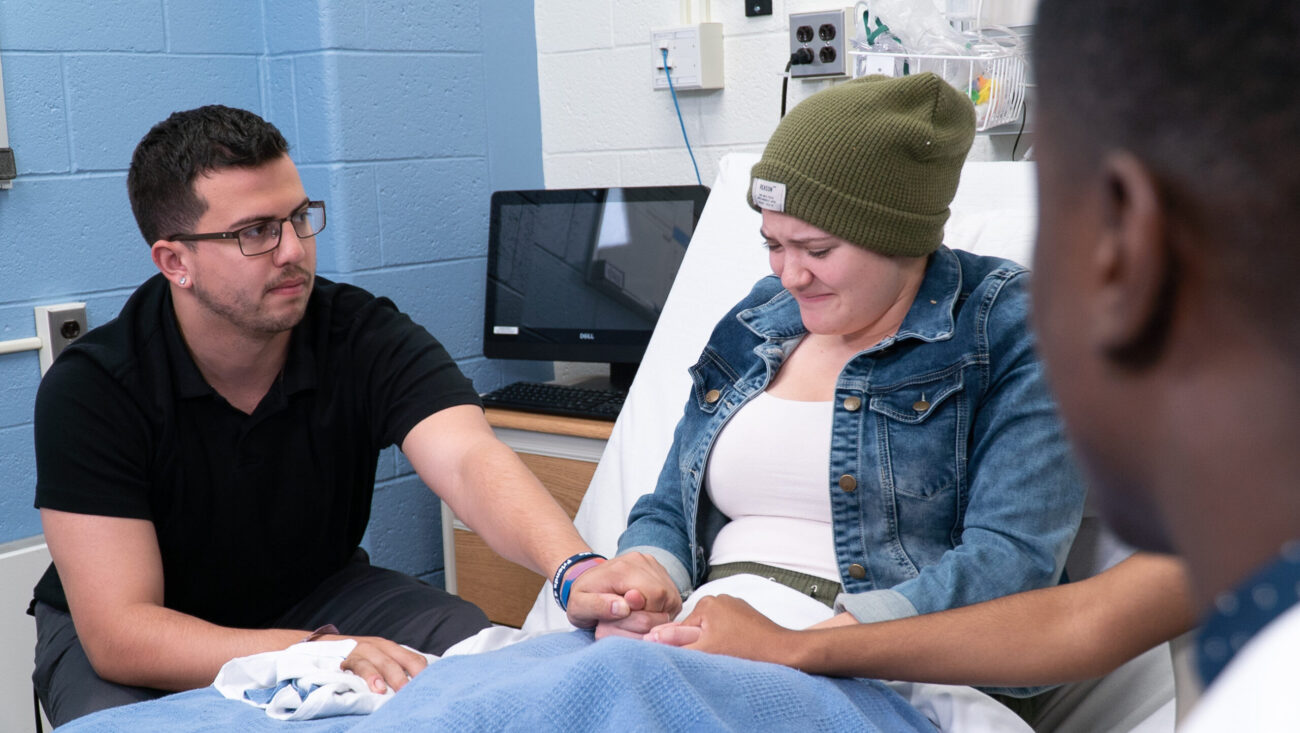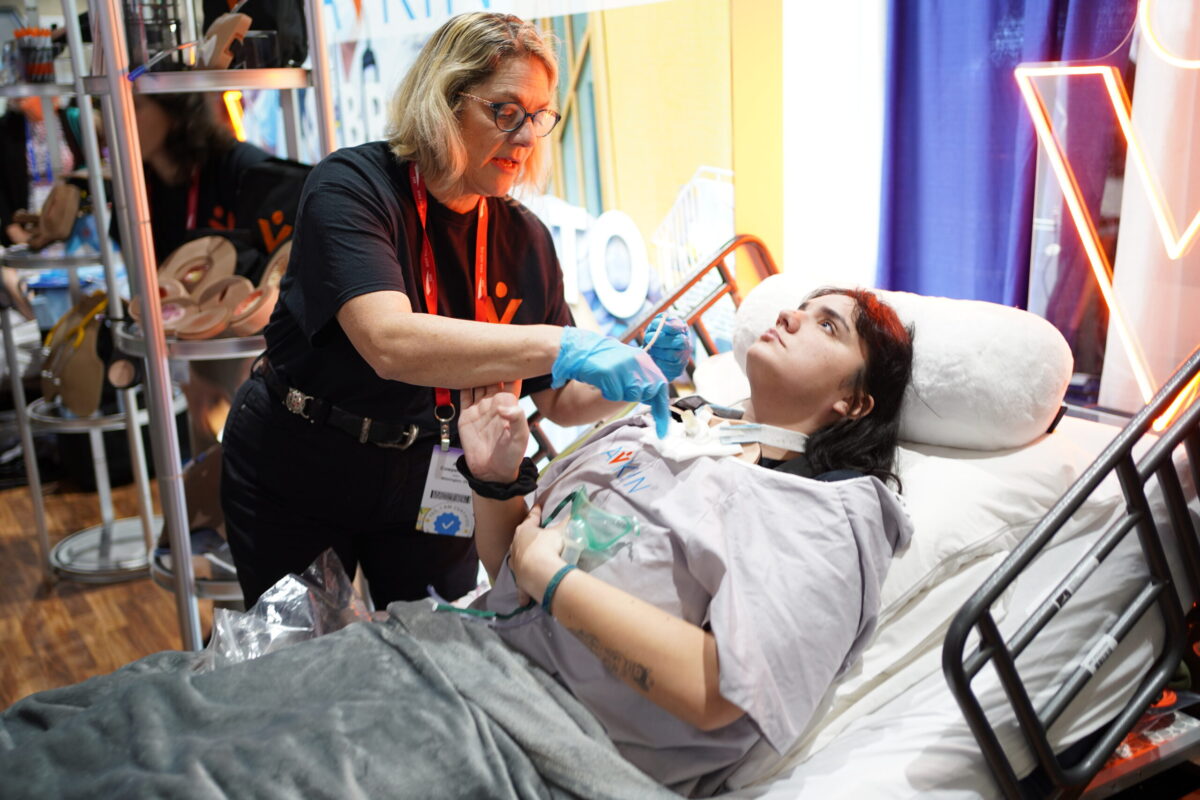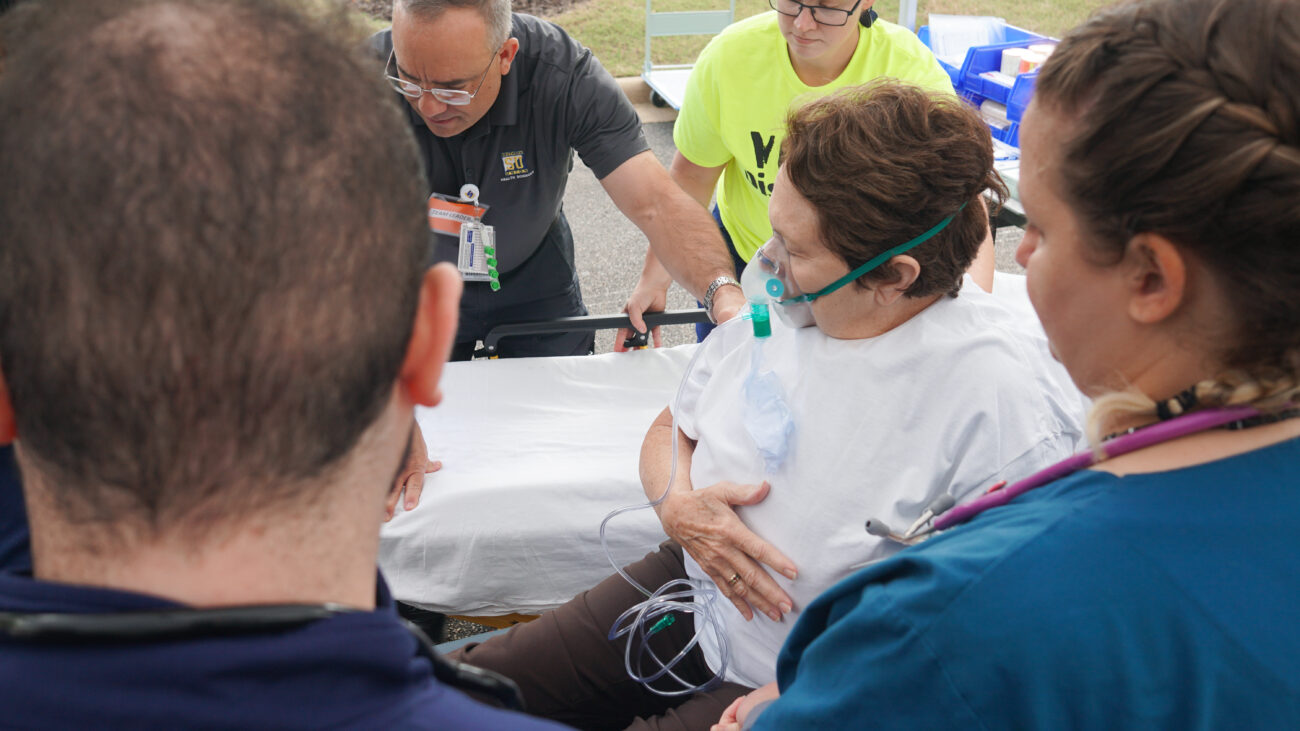Johns Hopkins Study Confirms Avtrach® Lowers Stress
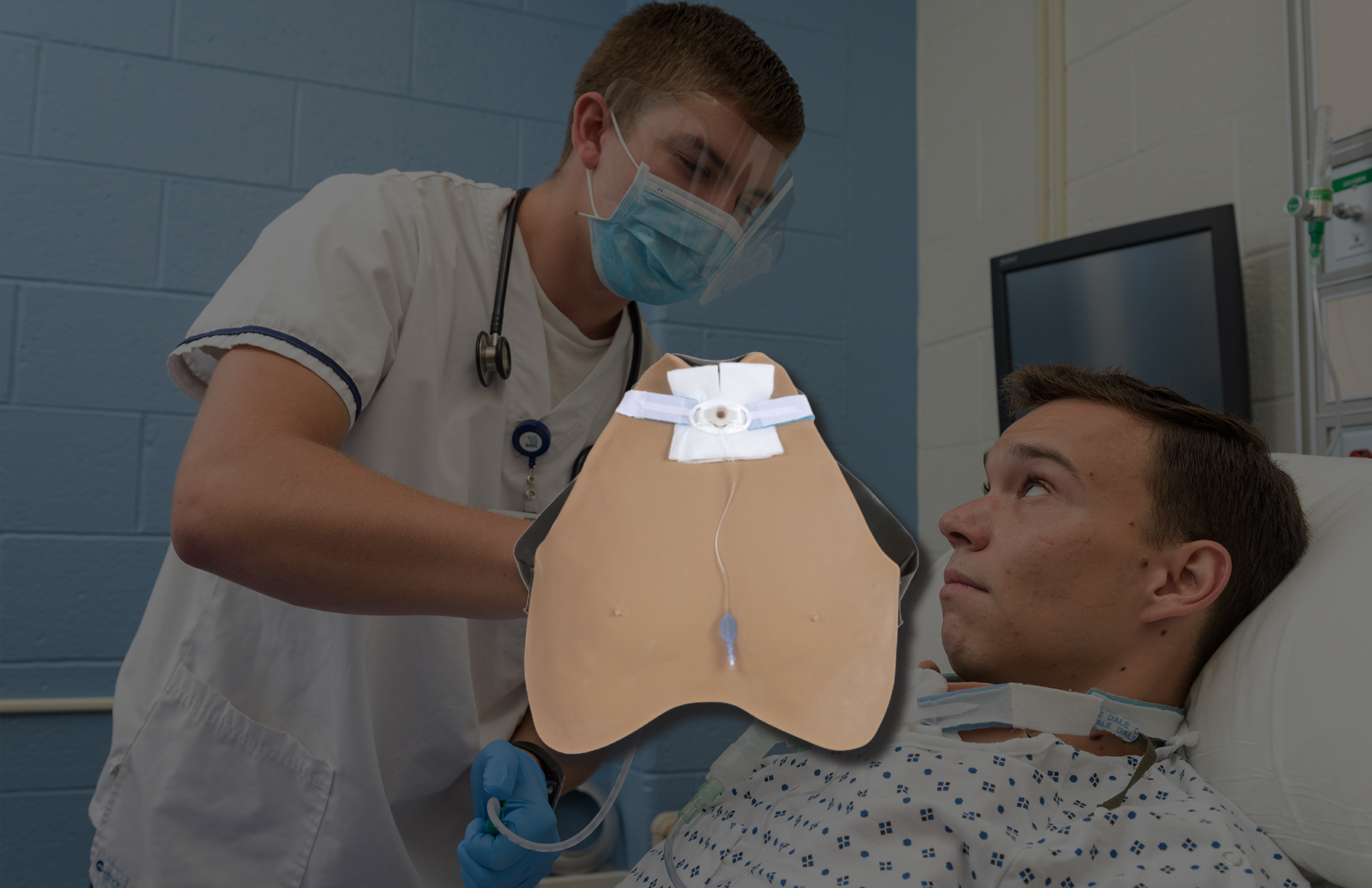
WDEL’s Peter MacArthur sat down with Avkin CEO Amy Cowperthwait to discuss how wearable simulators are transforming healthcare education. In the conversation, Amy shared the inspiration behind developing technology that bridges the gap between technical training and authentic patient interaction, highlighted new research proving Avkin simulators reduce learner stress and boost confidence, and reflected on how Delaware’s collaborative ecosystem helped bring these innovations to life. The interview underscored a simple truth: bringing humanity back into simulation changes the way future nurses and clinicians learn and ultimately improves patient care.
Listen to the full interview in the window below!
Bringing Humanity Back to Simulation
In her recent interview with WDEL, Avkin CEO Amy Cowperthwait shared how wearable simulators bridge the gap between technical training and human connection. Traditional manikins may teach learners the “science” of care—blood pressures, oxygen levels, and responses.
What they miss is the patient’s voice, emotions, and feedback. Avkin’s wearable simulators allow learners to look someone in the eye, practice procedures on a live actor, and receive feedback that no plastic manikin could ever provide.
From Delaware Roots to Global Impact
Amy also highlighted a groundbreaking multi-site study with Johns Hopkins and the Durham VA Hospital. The research found that students who trained on wearable simulators had significantly steadier stress levels when transitioning to real patient care compared to those trained on manikins. Cortisol testing confirmed what simulationists have long suspected: realistic, human-centered training not only builds technical competence but also protects learners’ cognitive performance under pressure.
Get the highlights from the latest peer-reviewed study on Avtrach — click below learn more.
